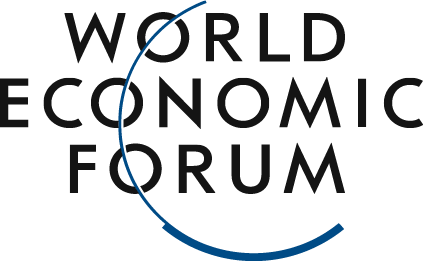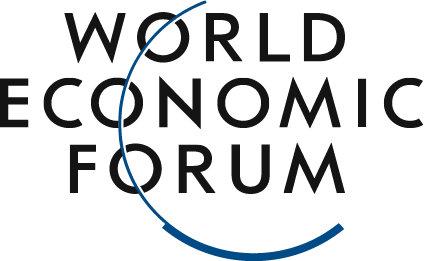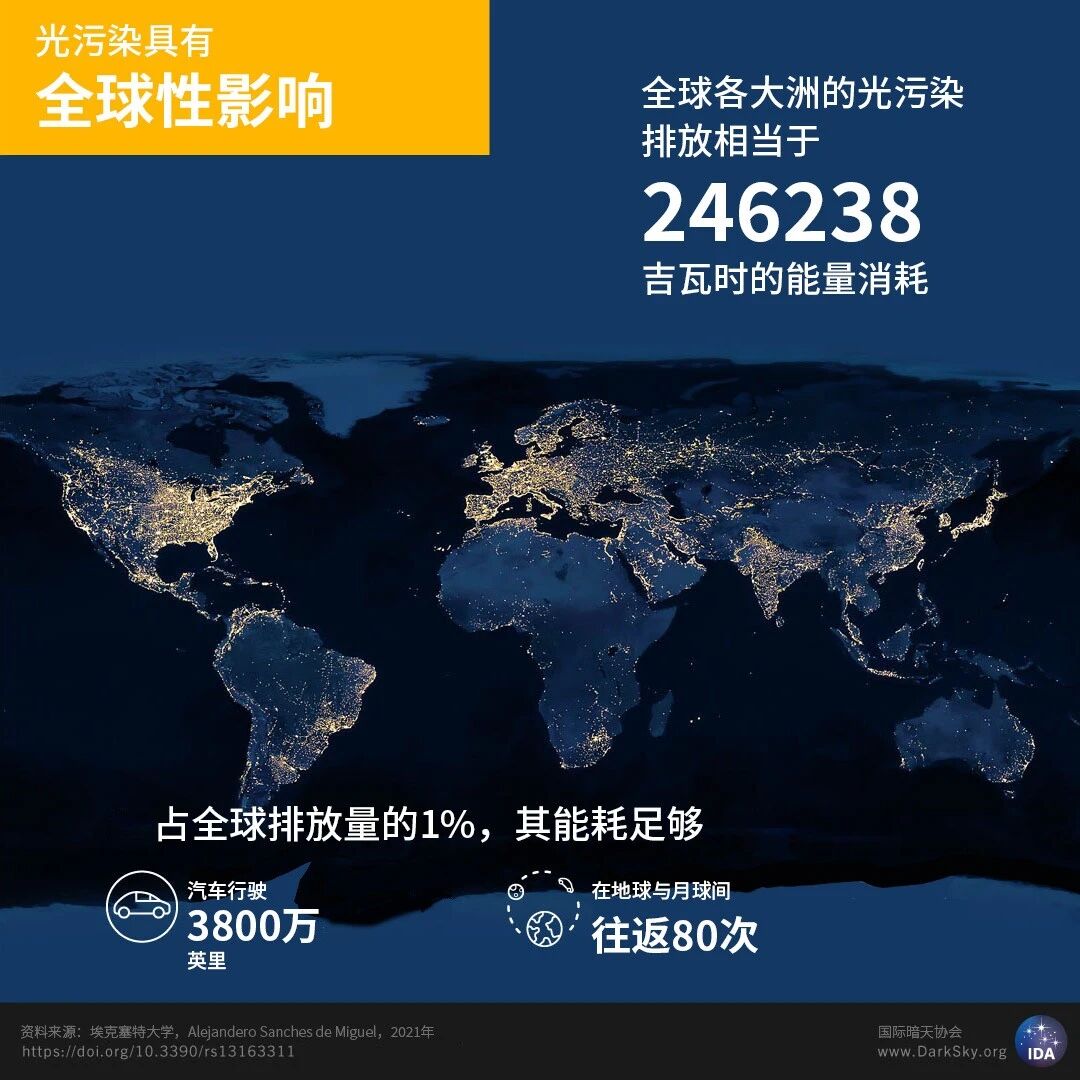,
:Unsplash/Brooke Cagle
Maria Black
ADP
According to United Nations data, by 2080, the number of people aged 65 and older will surpass the population under 18. Over the next three decades, the golden working-age population—those between 25 and 55—will shift from affluent economies to developing ones.The future—and indeed the current—labor market is global in nature. We must build a skilled, globally competitive workforce.To seek human-centered solutions, we must first understand how the global workforce perceives the changes brought about by artificial intelligence and other disruptive innovations. ADP’s data reveals that they’ve been caught off guard by these shifts.As part of its ongoing efforts to track employee sentiment, the ADP Research Institute surveyed workers in 34 countries this year, asking whether they feel prepared for the next era of work. The report reveals that only 24% firmly believe they possess the skills needed to advance within the next three years, while just 17% strongly agree that their employers are investing in developing the skills essential for their career progression.For employers, this is a golden opportunity to leverage technology to attract talent and boost productivity. ADP research reveals that fewer than 4% of U.S. employers offer skills-enhancement training within the first two years of an employee’s onboarding.Improving skills not only boosts wages but also enhances employee engagement and productivity.
:Unsplash/Annie Spratt
Skill enhancement can lead to significant rewards. The U.S. Occupation Information Network outlines the level of preparation required for certain jobs, and analysis of ADP’s wage data through this network reveals that, on average, employees who upskill can see their salaries increase by 37%.Improving skills not only boosts wages but also enhances workforce engagement and productivity. When individuals are given the opportunity to fully unlock their potential, freely express curiosity, or pursue personal interests—and when they find meaning and passion in their work—both employees and employers stand to benefit.When asked about which aspects of their employer they value most, employees around the globe generally cited career development opportunities and skills training as the top priorities. Among workers under 40, the biggest focuses were career advancement opportunities, performance-based compensation, and skill development.When human capital management innovation puts people first, companies can meet employees' needs on a global scale.People-centered solutionsThe labor market is healthier than it was years ago, and the global HR industry—and HR departments themselves—are understandably feeling quite pleased about it.According to data from the Organisation for Economic Co-operation and Development (OECD), the labor force participation rate in the world’s 38 largest economies has reached its highest level since 2008, while the unemployment rate remains below 5%.But time remains tight. Since we emerged from the COVID-19 pandemic, work has become increasingly digital, flexible, and globalized. We can’t take it for granted that these advancements will automatically lead to better, more productive, and more engaging jobs.In the age of intelligence, HR leaders must not only anticipate change but also drive it forward. We need to evolve alongside the younger generations who are just entering the workforce. Strengthening human connections requires developing technologies and processes that empower employers to better understand their employees—and ultimately enhance employee engagement and skill development.The ideal workplace of the future should not only be highly productive but also deeply human-centered. We must optimize the work experience and strengthen interpersonal connections in the workplace. Ultimately, what we need to address are the challenges in building meaningful relationships among colleagues.
The above content represents the author's personal views only.This article is translated from the World Economic Forum's Agenda blog; the Chinese version is for reference purposes only.Feel free to share this in your WeChat Moments; please leave a comment at the end of the article or on our official account if you’d like to republish.
Translated by: Sun Qian | Edited by: Wang Can
The World Economic Forum is an independent and neutral platform dedicated to bringing together diverse perspectives to discuss critical global, regional, and industry-specific issues.
Follow us on Weibo, WeChat Video Channels, Douyin, and Xiaohongshu!
"World Economic Forum"






